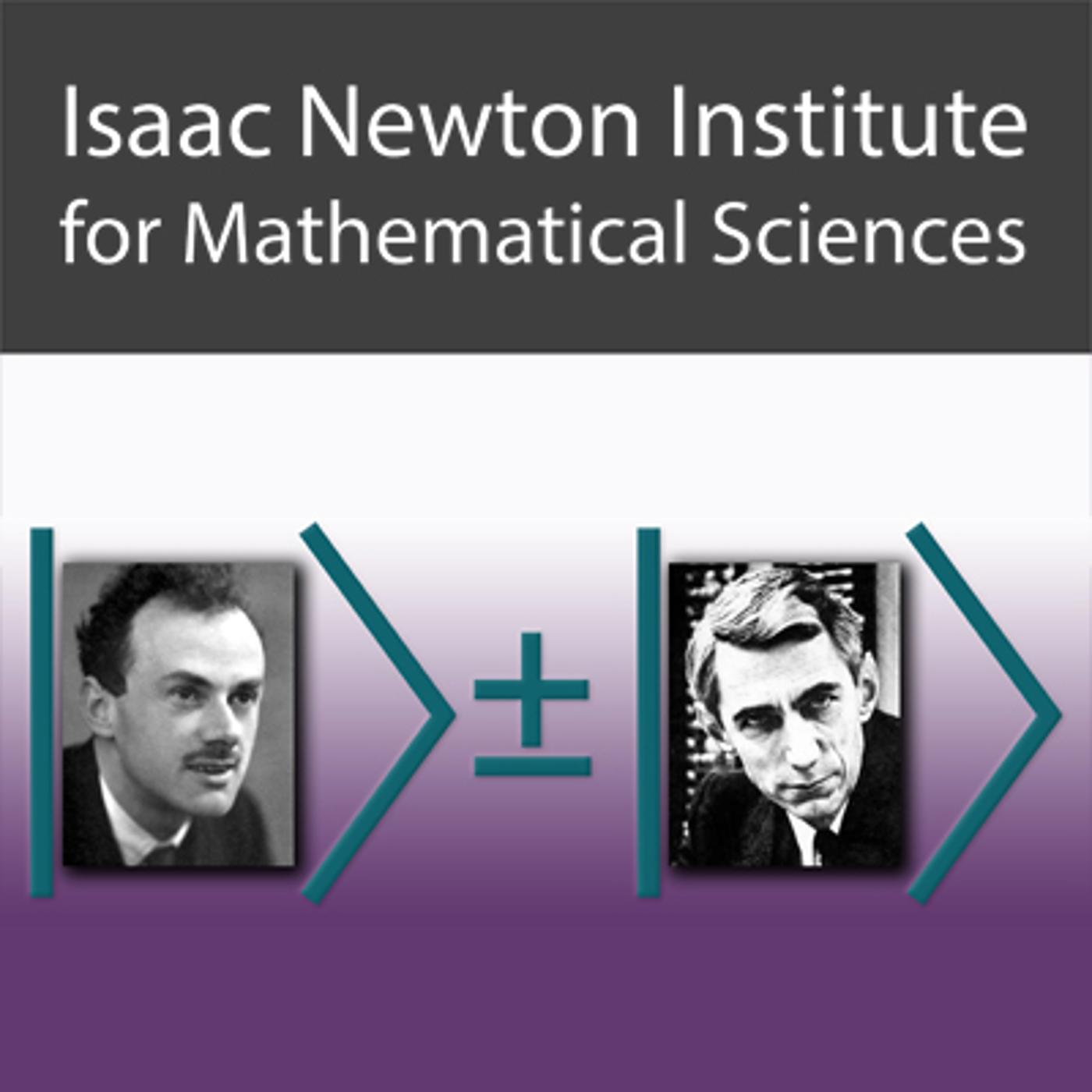Thermodynamic capacity of quantum processes
Update: 2018-07-24
Description
Thermodynamics imposes restrictions on what state transformations are possible. In the macroscopic limit of asymptotically many independent copies of a state—as for instance in the case of an ideal gas—the possible transformations become reversible and are fully characterized by the free energy. Here, we present a thermodynamic resource theory for quantum processes that also becomes reversible in the macroscopic limit. Namely, we identify a unique single-letter and additive quantity, the thermodynamic capacity, that characterizes the “thermodynamic value” of a quantum channel. As a consequence the work required to simulate many repetitions of a quantum process employing many repetitions of another quantum process becomes equal to the difference of the respective thermodynamic capacities. For our proof, we construct an explicit universal implementation of any quantum process using Gibbs-preserving maps and a battery, requiring an amount of work asymptotically equal to the thermodynamic capacity. This implementation is also possible with thermal operations in the case of time-covariant quantum processes or when restricting to independent and identical inputs. In our derivations we make extensive use of Schur-Weyl duality and information-theoretic routines, leading to a generalized notion of quantum typical subspaces. [joint work with Mario Berta and Fernando Brandão]
Comments
In Channel





